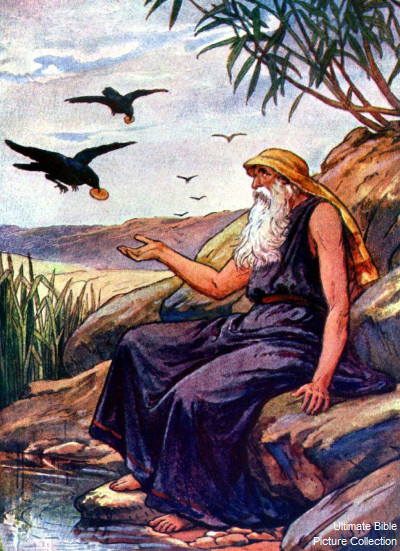 What do these hypocrites do? These hypocrites love to position themselves in public places—in the synagogues and in the street corners.
What do these hypocrites do? These hypocrites love to position themselves in public places—in the synagogues and in the street corners.
Christian Cheong tells a “story about a man who had a mouse in his house and his wife wanted him to catch it. His problem was that he didn’t have any cheese (and did not want to buy it). So he cut a picture of cheese out of a magazine and placed it in the trap. He thought, ‘I’ll just fool the mouse.’
When he went to check the trap the next morning to see if he had caught the mouse, he found a beautiful mouse in the trap. There was only one problem. It was a picture of a mouse. His young son saw what he did and placed a picture of a mouse in the trap.
Counterfeit people who use counterfeit tactics will always produce counterfeit results!”[1]
The hypocrites love to fake it. Note Jesus’ words, “they love” to pray in the sight of others. The word is phileo, which does not mean brotherly love here. Rather, phileo in this context means, love for public praise and attention. Jesus used the same word in Lk. 11:43, “Woe to you Pharisees! For you love the best seat in the synagogues and greetings in the marketplaces.” These religious leaders love to seat in the seat of honor. They love to be greeted by others in public places. It’s much like many religious leaders today. People bow down to them and kiss their hands. They also love to have their hands kissed.
Recently, I went to Davao for the IBCP Pastors and Workers Fellowship. I was glad I was not the lecturer there. I was glad I was not the devotional speaker there. I don’t want to be seen on the stage. I just want to sit down and listen. Then they asked me to pray in front. They asked me to say something in front. I did not savor it. Yet some pastors love to be popular. They love to preach in front and pray in front. But let me say this—we should show LESS of us, and MORE of Jesus!
I looked around. I was amazed to see more pastors just sitting there, listening. When I shook their hands, I could see their humility and the simplicity. Pastor Dan told me that he was blessed to see the simplicity and humility of IBCP leaders.
But the hypocrites love the admiration of people while praying. The verb, “stand,” is a perfect participle, “standing” (NKJV). The perfect tense signifies completed action in the past, yet, with continuing results. It means that they have stood in prayer, but they continue to stand in prayer in the synagogues. In those days, standing is the usual prayer position. But Jesus says, they continue to stand in the synagogues. It means that they keep on enjoying people’s attention. (Hagner)
[1] Christian Cheong, “Picture of Cheese.” Cited Sept. 20, 2014. Online: http://www.sermoncentral.com/ illustrations/sermon-illustration-christian-cheong-humor-hypocrisy-77073.asp.




